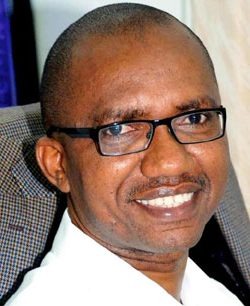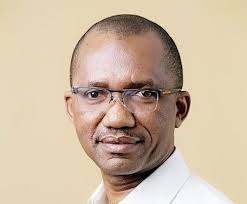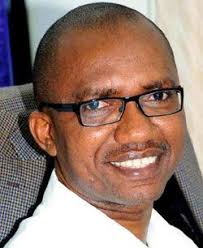The live drama staged in the Oval Office on February 28 between US President Donald Trump and Ukrainian President Volodymyr Zelenskyy was such that Zelenskyy might never have rehearsed in all his former life as a comedian. Except that it wasn’t funny. It was unprecedented. You would need to go back 64 years to find anything …


